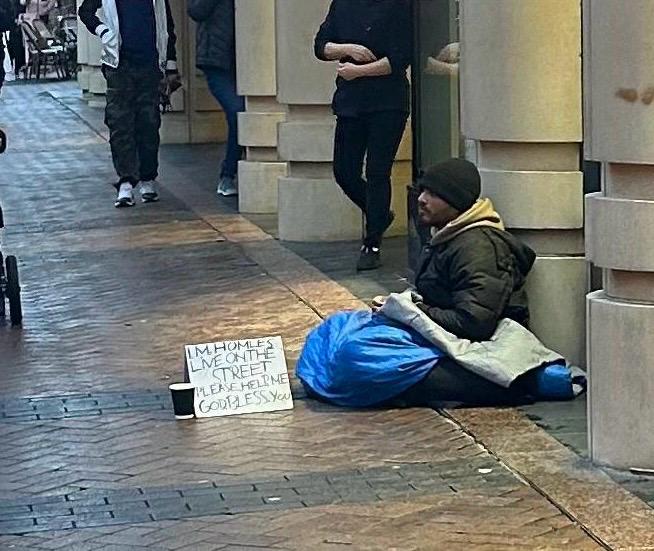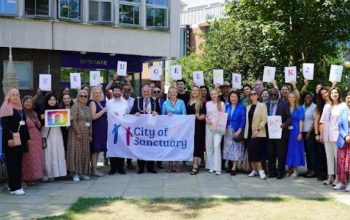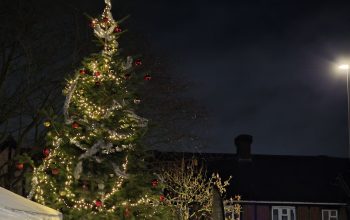Over a third of local homeless population housed outside the borough.
Kingston Council’s health overview panel has said that 33% of temporary accommodation used to house Kingston’s homeless is outside of the borough.
The council attributed this shortfall to a shortage of properties and rising costs in the area.
Wale Adetoro, the assistant director for housing in Kingston, said in the meeting on 23 October: “The main cause is the affordability of homes and landlords giving notices to their tenants to move out so they can rent those properties out for higher rents.”
He added: “The supply of these properties offered by specialist housing providers in London has reduced over the past year and a half, resulting in our need to access hotel accommodation.”
According to council figures, in September 2024, 1015 households lived in temporary accommodation, 353 of which were flats paid at a nightly rate and 108 bed and breakfasts or hotels.
Kingston Council distributes the Household Support Fund (HSF) to help individuals living in temporary accommodation.
Since 2022, the council have also received £2,819,746 from the government towards the Rough Sleeping Grant.
Adetoro said: “The grant is then used to help the agencies that work locally to give some support to those people who don’t meet this threshold for support from the council. They tend to be single people.”
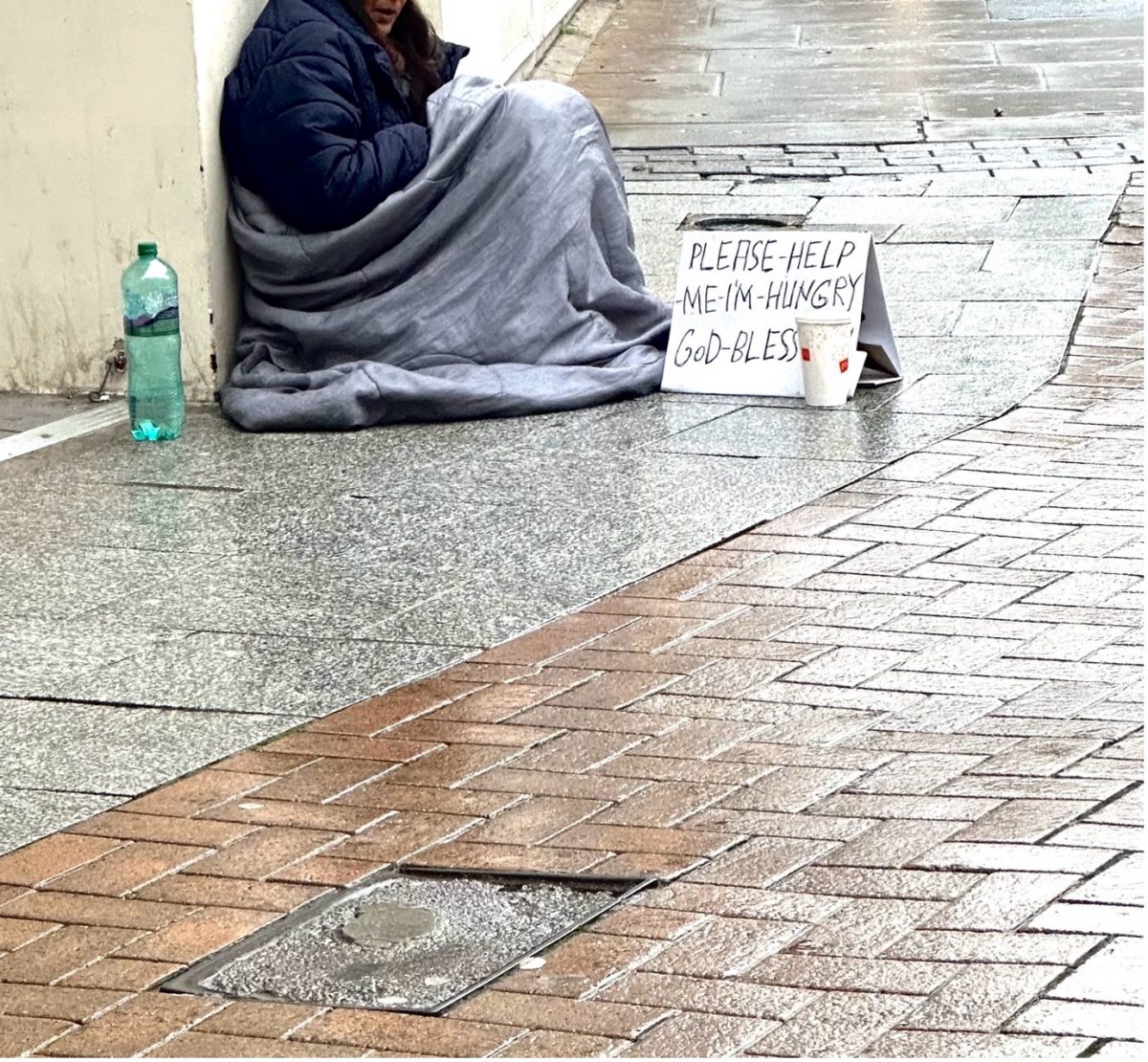
Kingston Council also works alongside charity Kingston Churches Action Against Homelessness (KCAH) to help those who are rough sleeping and do not meet the threshold for council support.
KCAH’s night shelter – another form of temporary accommodation – is one example of how the grant is used to keep rough sleepers away from the streets during the winter.
The charity housed 25 rough sleepers from January to March 2024.
Georgie Forshaw, KCAH’s CEO, said: “We want to run the winter shelter again because we know the need is there.”
According to KCAH, homelessness often leads to alcohol or drug abuse to combat low temperatures and the uncertainty people experience when sleeping rough.
The Bridge, the charity’s substance support system, helped 48 rough sleepers in 2024 and numbers are expected to rise as temperatures start to drop.
Kingston Council has also set up an emergency severe weather protocol to ensure homeless people have access to emergency accommodation during the winter months, when temperatures are due to reach zero degrees.
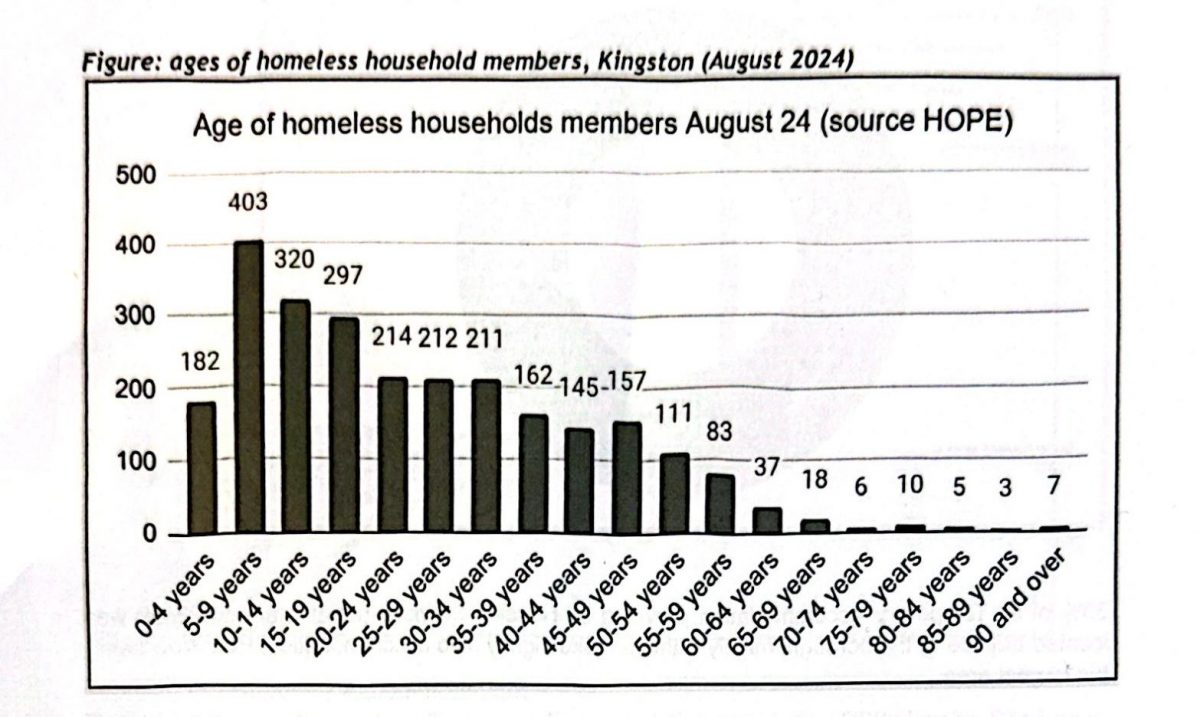
According to Kingston Council, there were 905 children in the borough’s temporary accommodation as of August 2024.
Adetoro said: “Our main aim is to prevent homelessness but it doesn’t always work.”
Amongst those rough sleeping in Kingston, a homeless woman who wished to be kept anonymous said: “I was in a very abusive relationship, and I was put in a women’s refuge for six months and after that I was left on the streets.”
She said: “I’ve been homeless since February and I’ve been waiting for someone to help me since then.”
KCAH is in the process of helping her claim benefits.
To help Kingston’s homeless community, donations can be sent to KCAH as well as clothes and toys in the lead up to Christmas.

